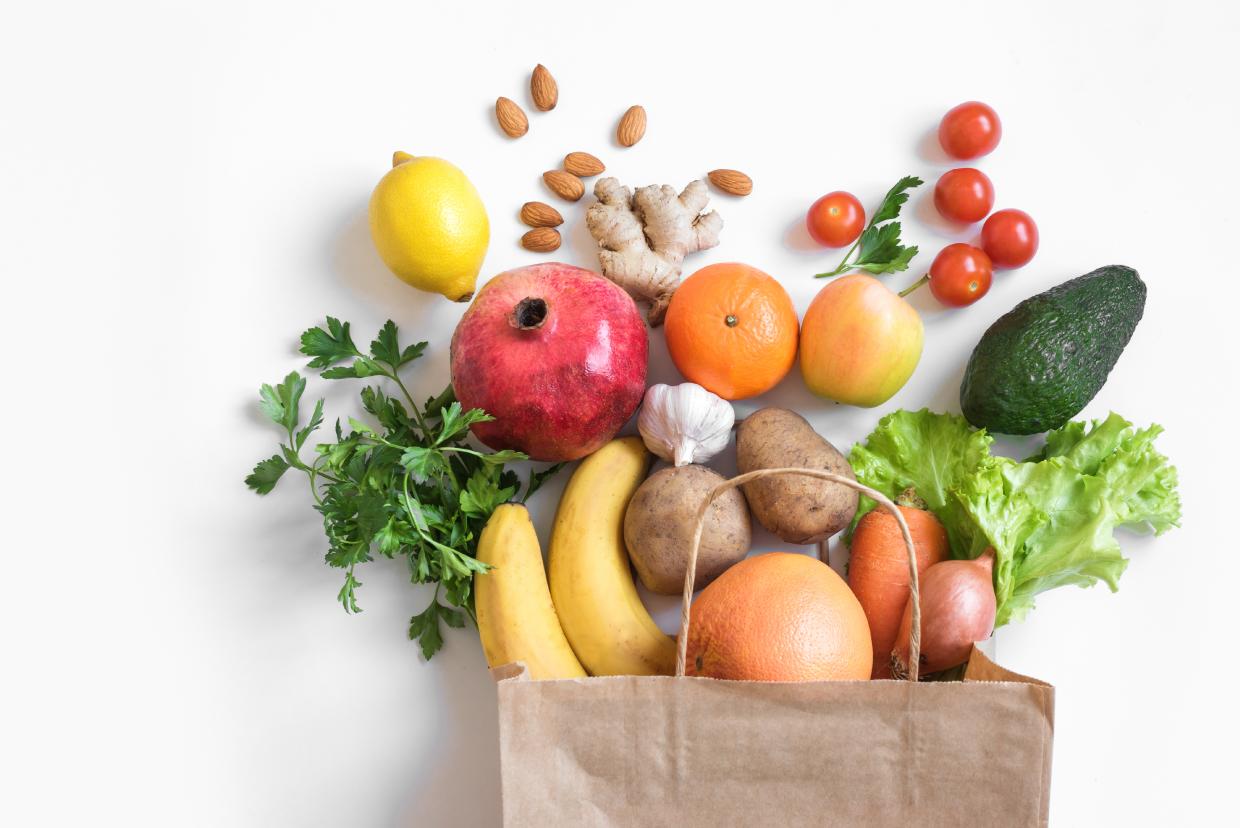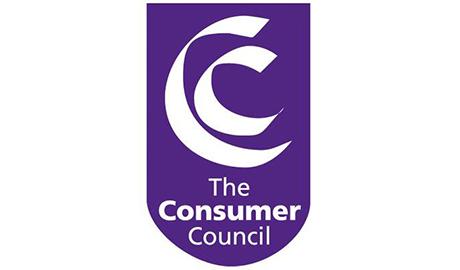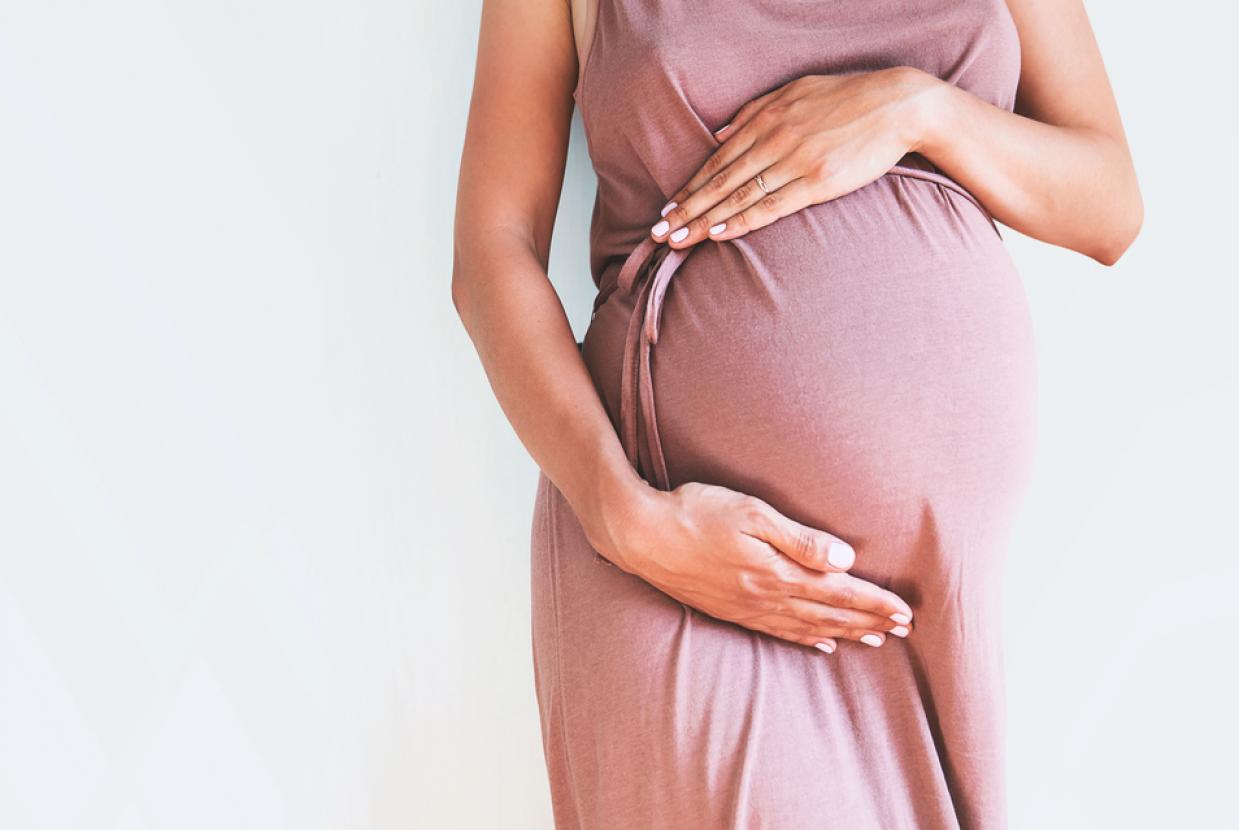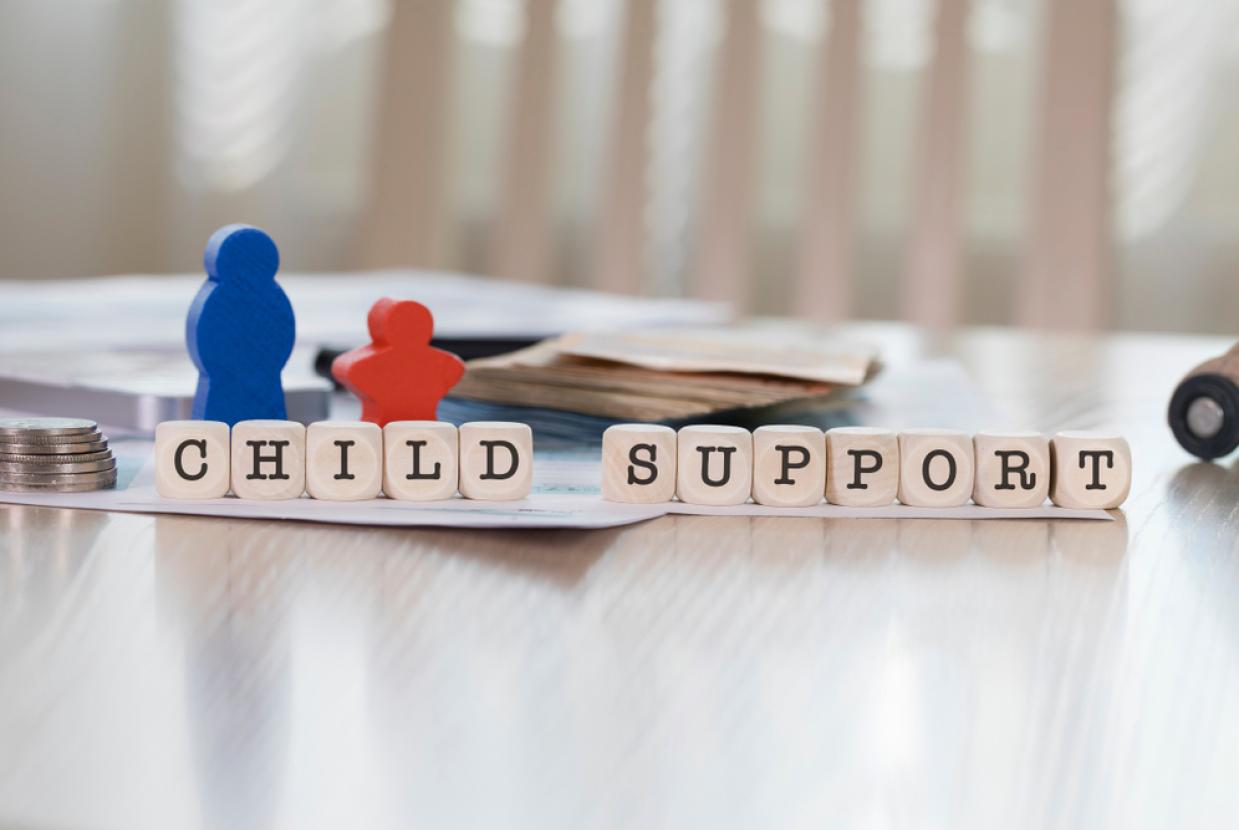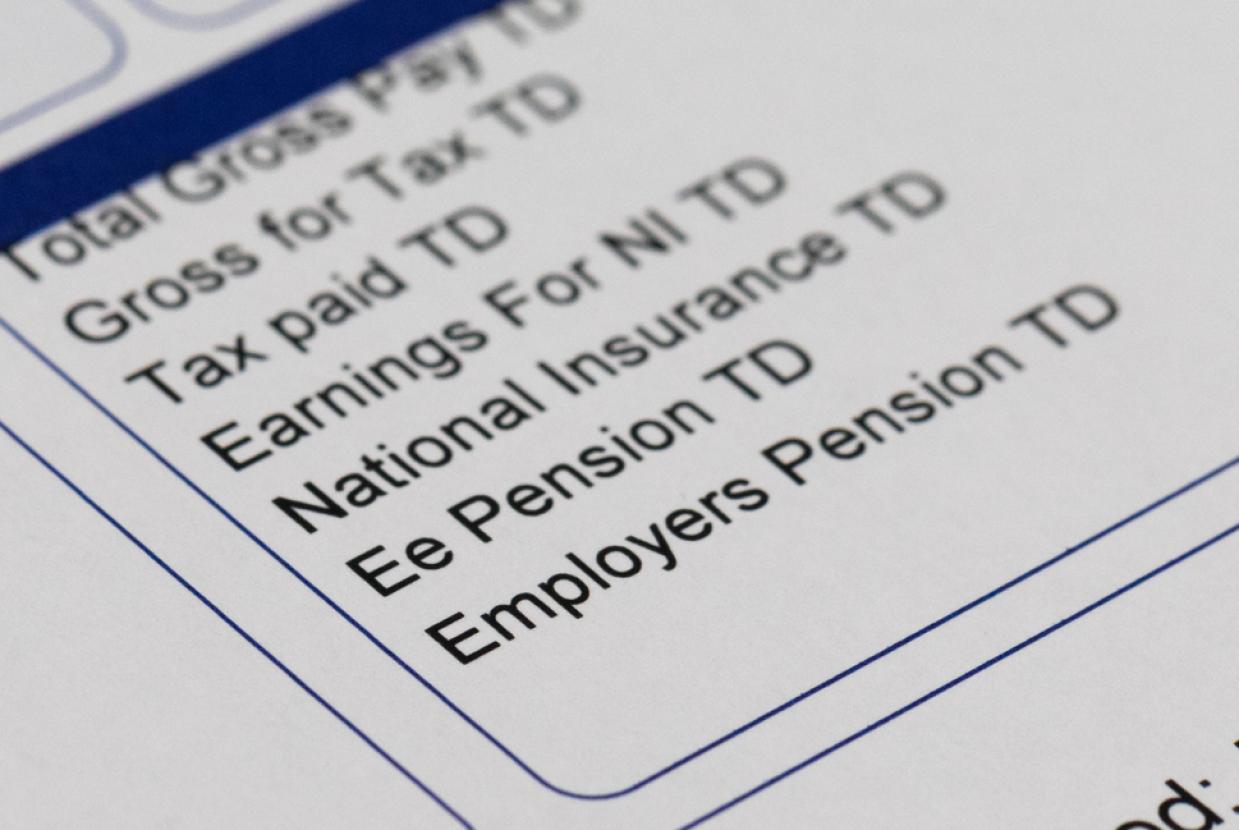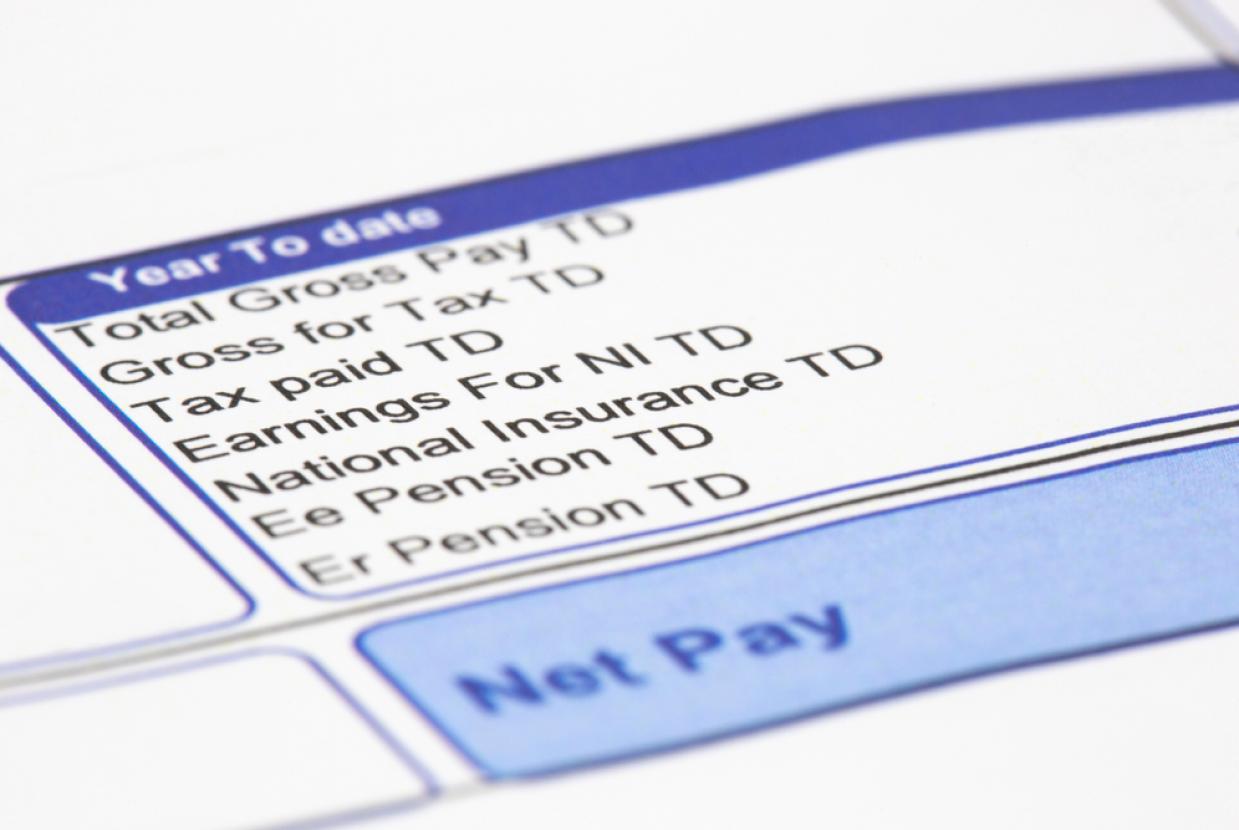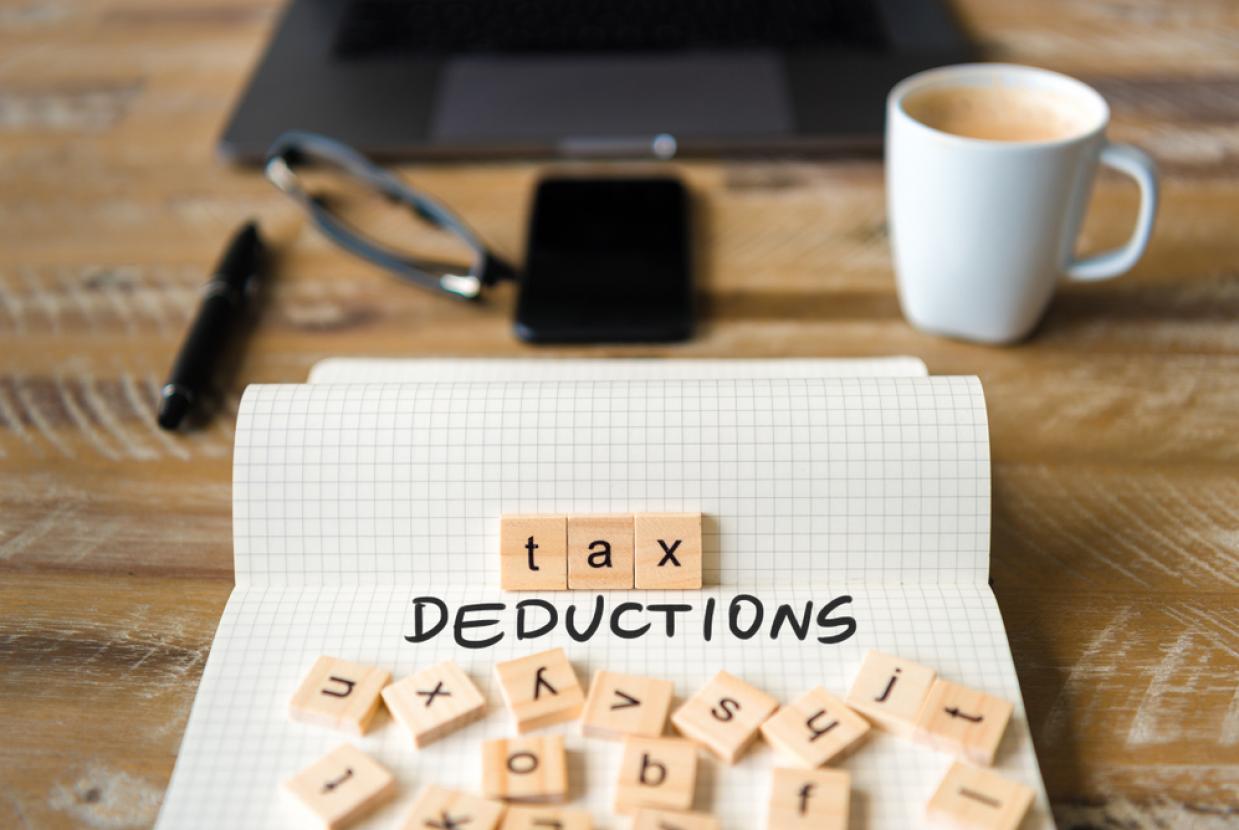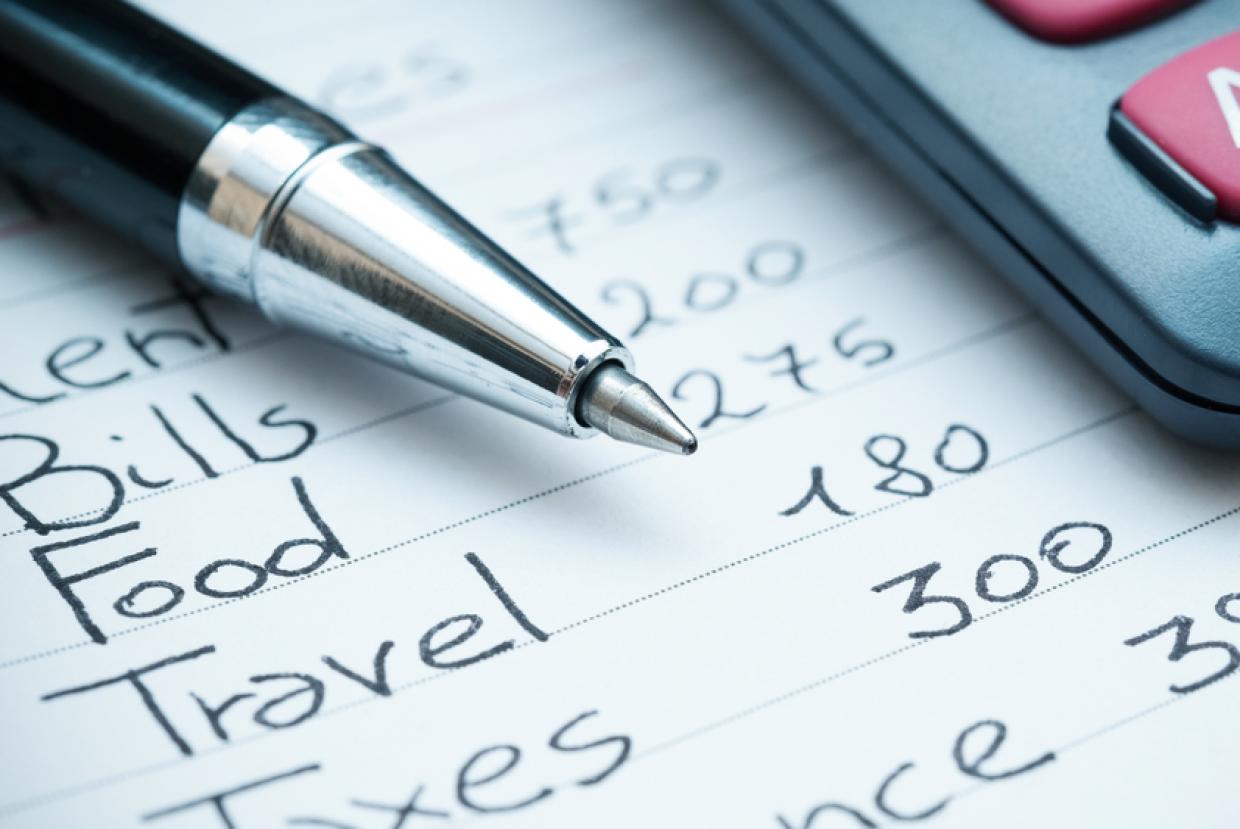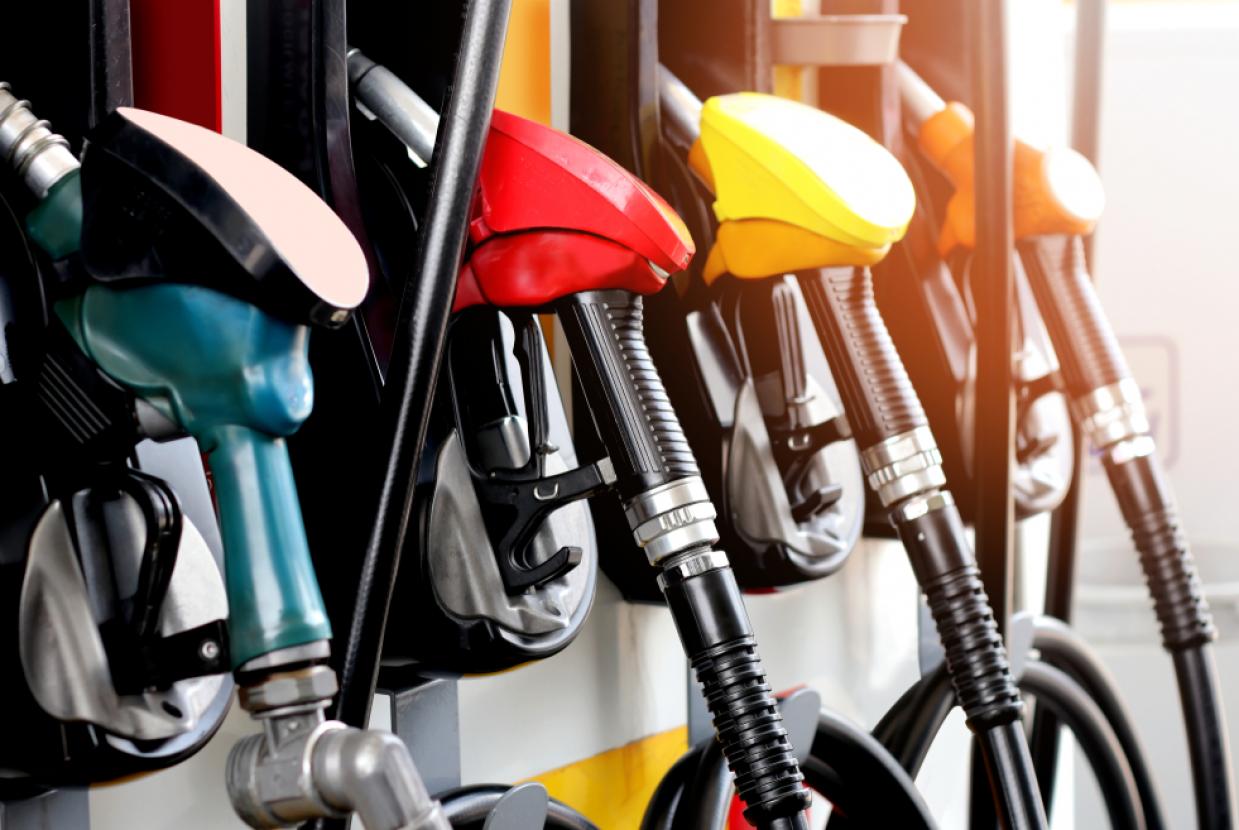Save On Food Costs
Did you know the average UK household throws out £500 worth of food per year? When you think about it, that’s around £10 per week, enough to buy some essential items. With our advice we hope you are able to save a few pounds.
Before you go shopping
It can be too easy to throw extra items into your trolley when you’re at the supermarket, but impulse buys add up and all too often go unused. Try to do a stocktake of your cupboards and fridge before shopping to figure out exactly what you need for that week.
Other steps you can take before going shopping include:
- Meal planning – Writing a weekly meal plan before going shopping will help you control your budget and stick to your shopping list.
- Keep the leftovers – Using up leftovers for lunch the next day is a great way to save yourself time and money.
- Eat before shopping – Ever go shopping on an empty stomach and end up buying more items or even snacking on items during the shop? Having a full stomach will mean you’re less tempted to buy those impulse buys.
- Oh and, remember your bags for life as it helps save the environment – and saves you a few pennies too.
During your shopping trip
- Downshift your brands – If you normally buy premium brands, try shifting to a ‘regular’ brand or supermarket own brand. Not only are they cheaper, they’re often healthier too.
- Buy loose items – Pre-packed and prepared items can often cost more. Save yourself some money and buy loose fruit and vegetables in the quantities you will use, if you can.
- A not-so-special offer – Do not assume offers are good deals. Always look at the price per unit and work out which represents the best value for money. And remember, it’s only a good deal if you need it!
- Use it or lose it – More than half the food we throw away can be eaten. Eating anything past the ‘use-by’ date can be risky and should be disposed of. The ‘best before’ date is for guidance and food after this date is still safe to eat, it just may not be as good a quality.
- Reuse and recycle – Consider buying refills where these are available to cut down on price and help you be more eco-friendly.
- End of aisle promotions – Check if end of aisle displays and promotions actually are good value for money and also ask yourself if you really need them.
Food banks
If you’re finding it hard to provide food for yourself or your family, your local food bank can provide emergency food parcels. You can find your nearest food back on the Trussell Trust website.
Healthy Start Scheme
This scheme provides eligible families and those who’re pregnant with a pre-paid card to buy:
- plain liquid cow’s milk,
- infant formula milk based on cow’s milk,
- fresh, frozen or tinned fruit and vegetables, and
- fresh, dried or tinned pulses in local shops (e.g. beans, peas, or lentils).
You can find out more about this scheme on the nidirect website.


